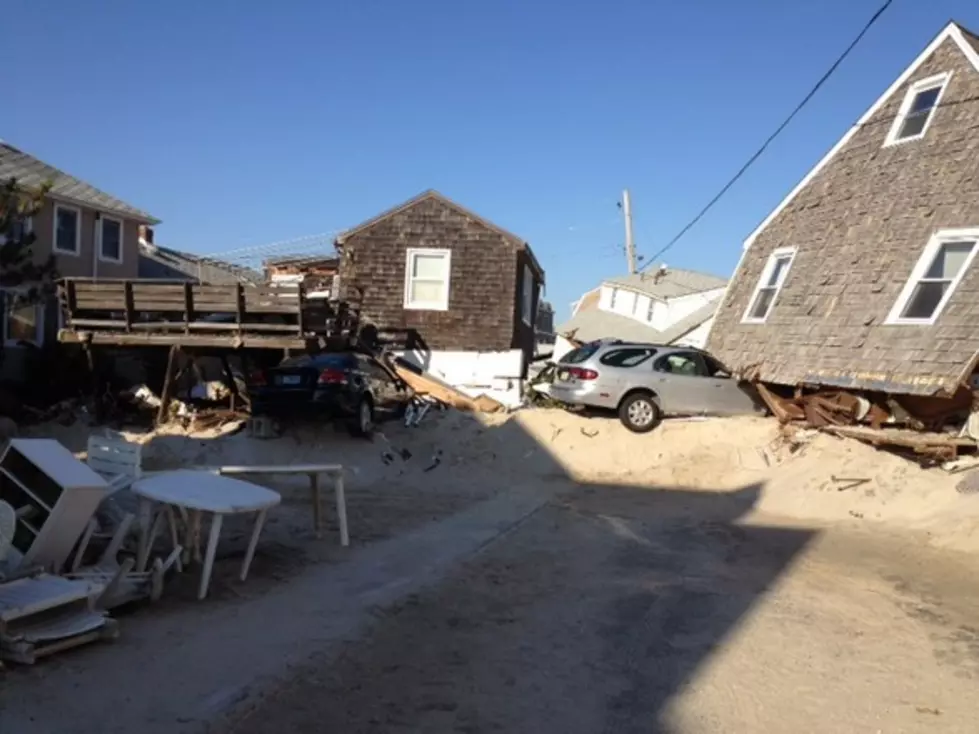
First Round of Sandy Disaster Loans Doled Out
The Federal Emergency Management Agency (FEMA) has awarded the first batch of more than $34 million in Community Disaster Loans to Sandy-devastated local governments in New Jersey. The loans have a low interest rate and can be forgiven in certain circumstances.
The loans will allow 10 municipalities, one municipal utility authority and one fire district to continue providing essential services to their residents while the communities are rebuilt.
More loans are expected to be approved in the next several weeks.
The Community Disaster Loan Program is designed to provide budget relief for local governments experiencing, or expected to experience, revenue losses greater than 5 percent of annual collections due to the impacts of Superstorm Sandy.
“The Community Disaster Loan Program provides a vital source of assistance that will help our local governments maintain essential services,” says Gov. Chris Christie. “The program also helps prevent unsustainable increases in property tax and utility rates that would impede New Jersey’s recovery and compound the suffering already present in many communities.”
The maximum loan amount is capped at $5 million or 25 percent of a local government’s operating expenses, whichever is less. For municipalities and school districts experiencing distress that cannot be addressed due to caps on the Community Disaster Loan Program, additional funds can be applied through the Essential Services Grant program. More about that program can be found here.
“Through our Division of Local Government Services, we have strongly encouraged officials from Sandy-distressed municipalities, counties, local authorities and fire districts to apply, and have provided technical assistance and guidance when needed,” says New Jersey Department of Community Affairs Commissioner Richard Constable. “While the funding comes in the form of a loan with a low interest rate, it makes sense to apply because loans are frequently forgiven and the money can be repaid at a time when residential and commercial properties have been rebuilt and day-to-day activity has returned to normal.”
More From WPG Talk Radio 95.5 FM









